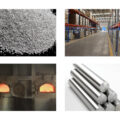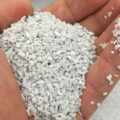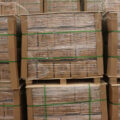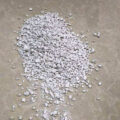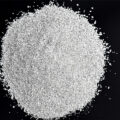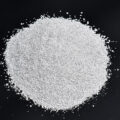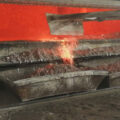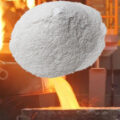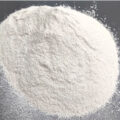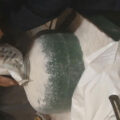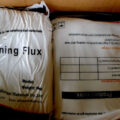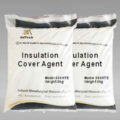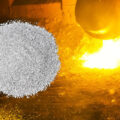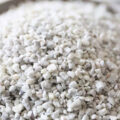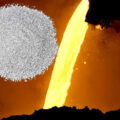For decades, Molten Aluminum Casting Flux has been widely used in the production of aluminum and aluminum alloy castings.
Although the use of flux products has been increasing, the main components and formulations have basically not changed significantly. The use of molten aluminum casting flux can be divided into the following two types: reduce the aluminum content wrapped in alumina slag; remove the slag contained in the liquid aluminum, and increase the cleanliness of the liquid aluminum.
As the requirements for product quality become higher and higher, the types of melting furnaces and holding furnaces have also changed, and they are more suitable for specific alloys. Similarly, fluxes are increasingly targeted to specific alloys and furnace types.
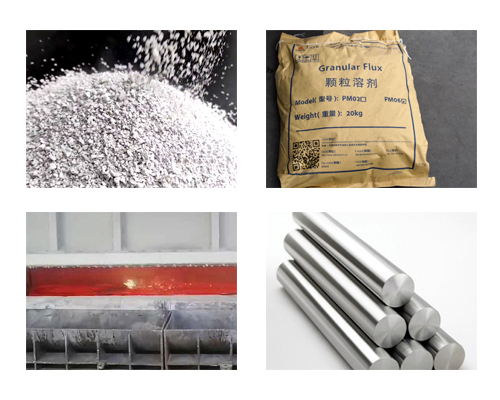
In addition to the flux that reduces the aluminum content in the slag, a flux that prevents the moisture in the atmosphere from reacting with the molten aluminum to absorb hydrogen is needed. In addition, in some alloys, it is necessary to prevent magnesium from burning, and the use of strontium alloys deteriorates, and it is necessary to avoid reducing the effect of deterioration.
For these reasons, we have developed the following types of fluxes: slag remover, refining agent, covering agent, strontium modifier, granular flux, and sodium-free flux.
There are many types of aluminum melt purifiers, simple composition, from traditional bubble purification to impurity removal and refining, its hydrogen and impurity removal effect is becoming more and more significant. However, the existing fluxes for aluminum and its alloys are often composed of several existing inorganic salts, with similar formulations, narrow application ranges and single functions, and several fluxes for different purposes are required to achieve different purposes.
In order to obtain high-quality aluminum alloy materials and meet the requirements of the growing aviation industry, the most effective measure is to use a multifunctional flux that is simple to operate, low in cost, non-toxic, and pollution-free.
Compared with powder-type refining agents, the advantages of refining aluminum alloy melts with granular refining agents are very obvious.

